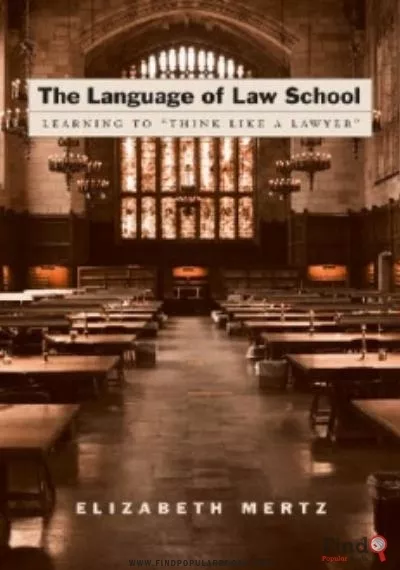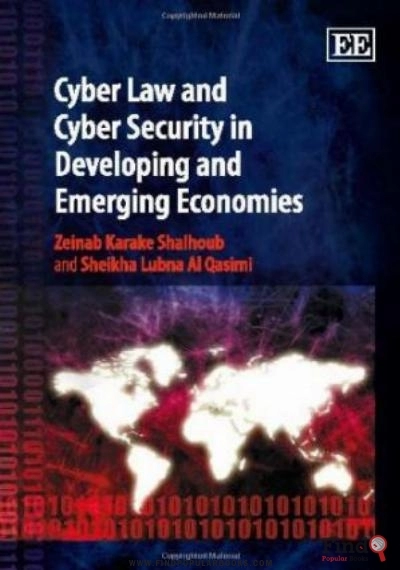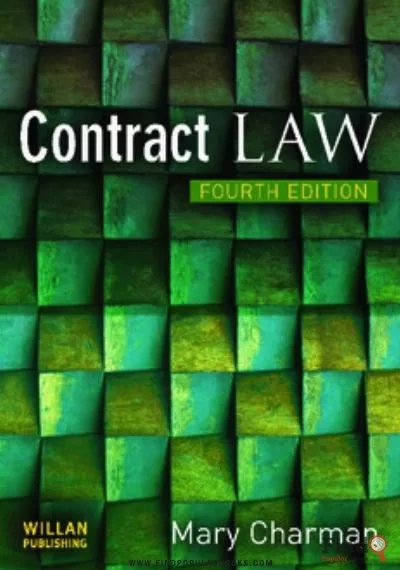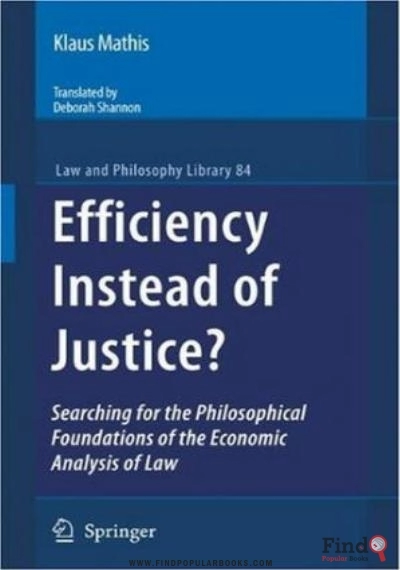
Learning To “Think Like A Lawyer”
The process of learning to think like a lawyer is dynamic and evolutionary. First-year students must acquire a set of highly complex and interdependent cognitive skills in a stressful environment. In an attempt to define what it means to think like a lawyer, we began a course of research to be detailed in this article. In Part I of the article, we briefly discuss the skills and pedagogy of legal thinking. In Part II, we go on to describe four models derived from learning theory that we use to frame our analysis. We describe our research method and results in Part III. We used first-year students' essays on thinking like a lawyer and their visual representations of their concept of law as a point of departure for a longitudinal case study of eight students. The case study focused on the students' impressions of the process of learning to think like a lawyer as revealed through a series of interviews. Finally, in Part IV, we outline a number of recommendations for pedagogical reform suggested by our findings. The results of this case study capture the dynamic of learning to think like a lawyer during the first twelve months of law school. We observed the students' concepts of the law and their understanding of their roles in the legal process as this understanding evolved over the course of the study. The results of our research illustrate that the process of learning to think like a lawyer is complex and evolutionary. Our findings further the understanding of this process, and the recommendations presented here make explicit that which is otherwise implicit.

Contactez-nous pour nous le faire savoir. Vous recevrez une réponse dans les 3 jours ouvrables.
Un grand merci pour votre compréhension!
































